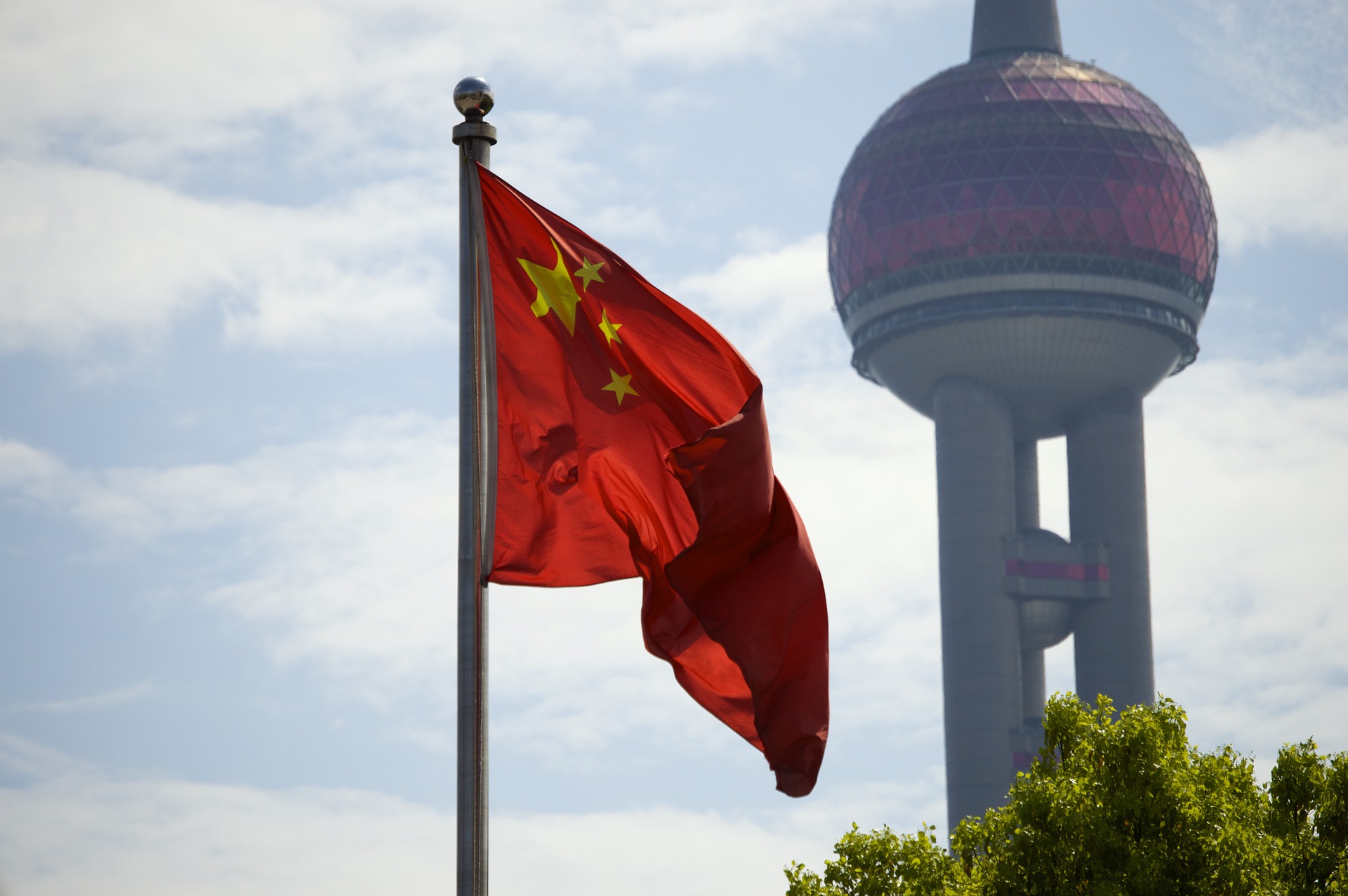World Cup glory is Xi Jinping’s dream for China
Not for the first time, the 2018 World Cup Finals will take place without the Chinese national team. In fact, China’s World Cup record is abysmal (and I say this as a Scottish football fan). The team has qualified only once for the final stages – in 2002 when it played three games in South Korea, failed to score in any of them and was eliminated without securing a single point.
On a more positive note, losing only 4-0 to Brazil was an achievement of sorts, given that the Brazilian goal scorers were Roberto Carlos, Rivaldo, Ronaldinho and Ronaldo.
Apart from this short-lived foray into the finals, China did not enter the competition between 1930 and 1954 or between 1962 and 1978, failed to qualify for the finals in 1958 and again between 1982 and 1998 and from 2006 to the present.
In the Asia qualifying stage of the 2018 World Cup, China received a bye into the second round where they came second in a group headed by Qatar. Following the third qualifying round, China was eliminated, having been placed in its group below – among others – war-torn Syria, which is currently obliged to play “home” games abroad.
Xi has a dream
It is against this dismal backdrop that we must try to interpret Chinese president Xi Jinping’s vision for the future of Chinese football. In 2011, Xi confessed that he had three World Cup dreams for China: to participate once again in the World Cup finals, to host the World Cup finals and to be World Cup winners.
There can be little doubt that the People’s Republic of China (PRC) will host the World Cup finals at some point in the not-too-distant future. With the Summer Olympics already under China’s belt and the Winter Olympics to come, the country has already shown itself to be willing and able to host sporting mega events.
The FIFA World Cup would present greater logistical challenges than the Olympics but no more so than in Russia. China’s massive cities would be happy to stage matches and, where suitable venues do not yet exist, they would be built. The Chinese team would, of course, qualify as hosts, perhaps its best chance of repeating the achievement of 2002.
But what of Xi’s third dream? Here Xi and, by extension, the Chinese Football Association (CFA) face a much greater challenge. It is true that host countries have often done well. However, it has proved impossible to date to prevent a European or South American team from winning the World Cup. Although in the past there have been high hopes for an African victory, hosting the finals did not mean success for the South African team.
Moreover, we should not forget that football has been the number one sport in most African countries throughout the period in which football’s significance in China has been dwarfed by that of badminton and table tennis.
A run on goal
A further obstacle to the realisation of Xi’s third dream stems from the contradictions that are inherent in his country’s ruling ideology of which he is now the unassailable guardian.
Socialism with Chinese characteristics has come to mean the combination of a strong state and an increasingly liberal market economy, the differences between which can be seen in the relationship between the CFA and the Chinese Super League (CSL). Founded in 2004, the latter has attracted the interest of some of the richest companies in China, eager to own a football club and gain the additional benefits that this can bring.
These owners provide live football entertainment to fans whose engagement would otherwise would be restricted to watching televised games from the major European leagues – hence their investment in bringing star players from Europe and South America to play for their teams. Their primary interest is securing the best return for their investment – not in creating a successful national team and thereby helping to fulfil Xi’s dream.
These owners are capitalists but of a distinctly Chinese type, subject to considerably more surveillance and interference than their Western counterparts. The CFA is even more closely tied to the state, the interests of which it has a far greater obligation to serve than equivalent organisations in the West.
Thus, almost certainly because of state pressure, the CFA’s latest ruling on the use of foreign players decrees that CSL teams can use three at most in a match and that the number of foreign players on the field must not exceed that of domestic players under the age of 23. The battle for the soul of Chinese football is likely to continue.
But it’s not this conflict of interests alone that threatens Xi’s dream. A lucrative, entertaining national league does not guarantee a successful national team – you only have to look at England’s track record to see this. Nor does a league which offers limited opportunities for local hopefuls to play alongside foreign talent (see Scotland, for example).
The real key may be having the capacity to select players for a national team who have experience of playing in overseas leagues in France, Spain Portugal, Germany, Belgium and elsewhere). With that in mind, the time has come perhaps for the CFA, the CSL owners and Xi to consider exporting China’s football talent to fulfil the dream.
More articles about China and Xi Jinping, written by academics:
- China’s huge punt on football needs a heart as well as deep pockets
- Is China on a collision course with FIFA?
- Xi Jinping’s chilling grab for absolute power in China
Alan Bairner, Professor of Sport and Social Theory, Loughborough University
This article was originally published on The Conversation. Read the original article.

